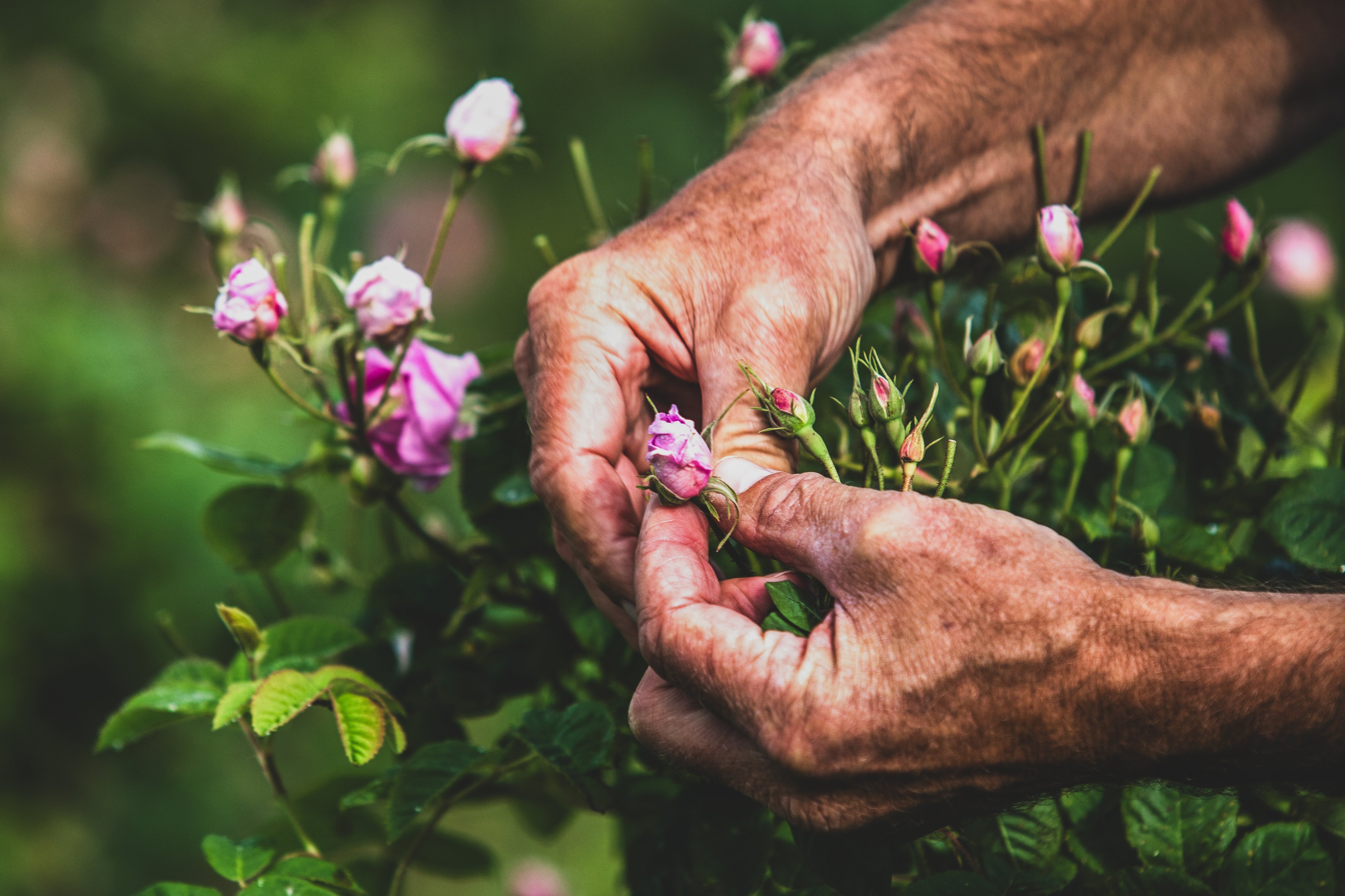
Irradiation of food is a topic that is increasingly showing up as a point of concern for Mountain Rose customers, so I want to take a minute to talk about this timely subject. The U.S. Food and Drug Administration (FDA) approved the use of food irradiation in 1963 to kill bacteria, molds, insects, etc. in wheat and flour. Today, the FDA has approved irradiation for fruits, vegetables, eggs in the shell, spices and seasonings, sprouting seeds, poultry, crustaceans and shellfish, and red meats. Food irradiation involves exposing foods to one of three different types of ionizing radiation: gamma rays from cobalt-60, x-rays, or electron beams. The FDA uses this technology to improve food safety and extend storage and shelf life. Meanwhile, the United States Department of Agriculture (USDA) National Organics Program (NOP), which oversees the nation’s organics labeling, prohibits the use of irradiation to treat organic products because the process alters the natural state of food. These two opposing views present consumers with something of a conundrum.
Read More


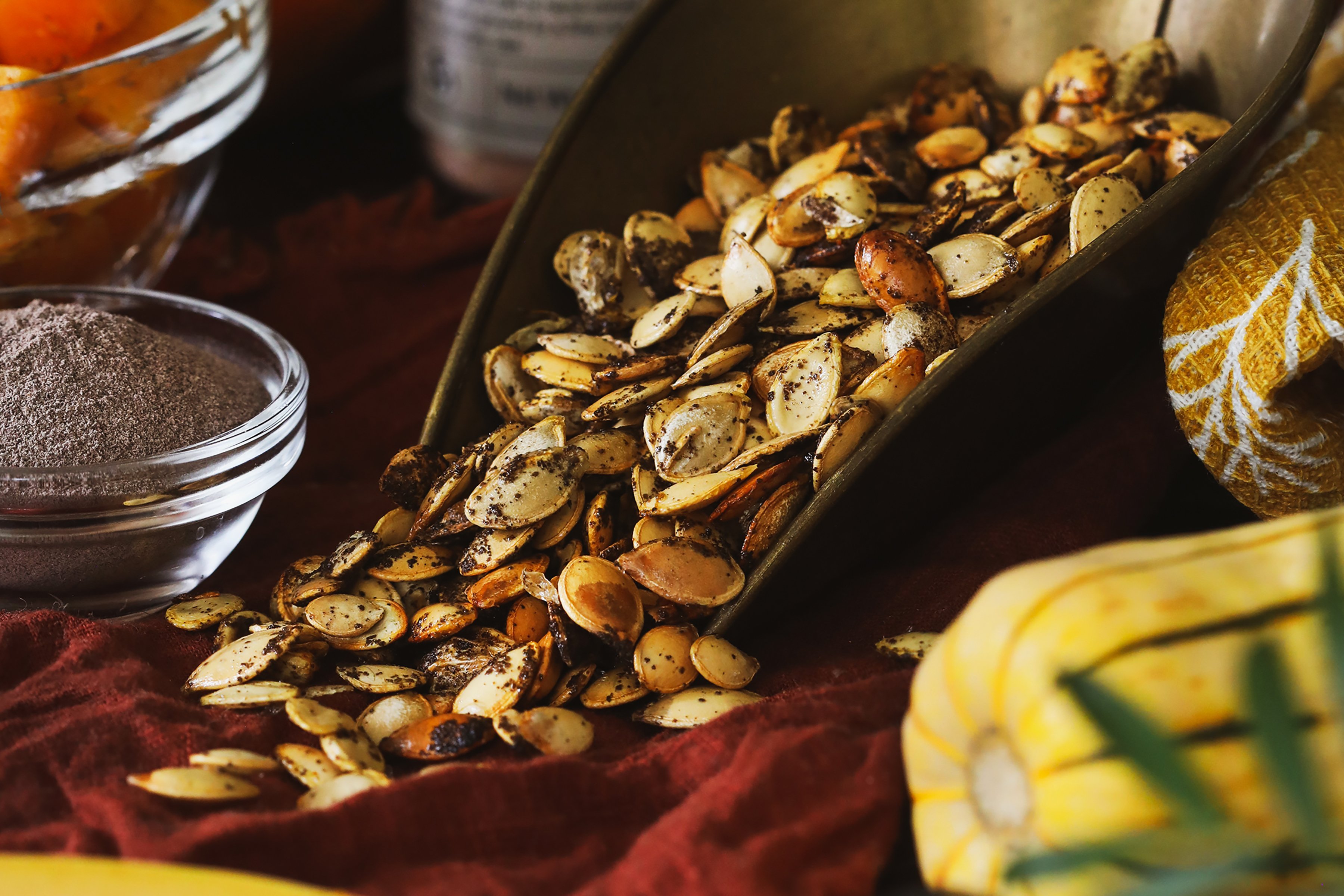

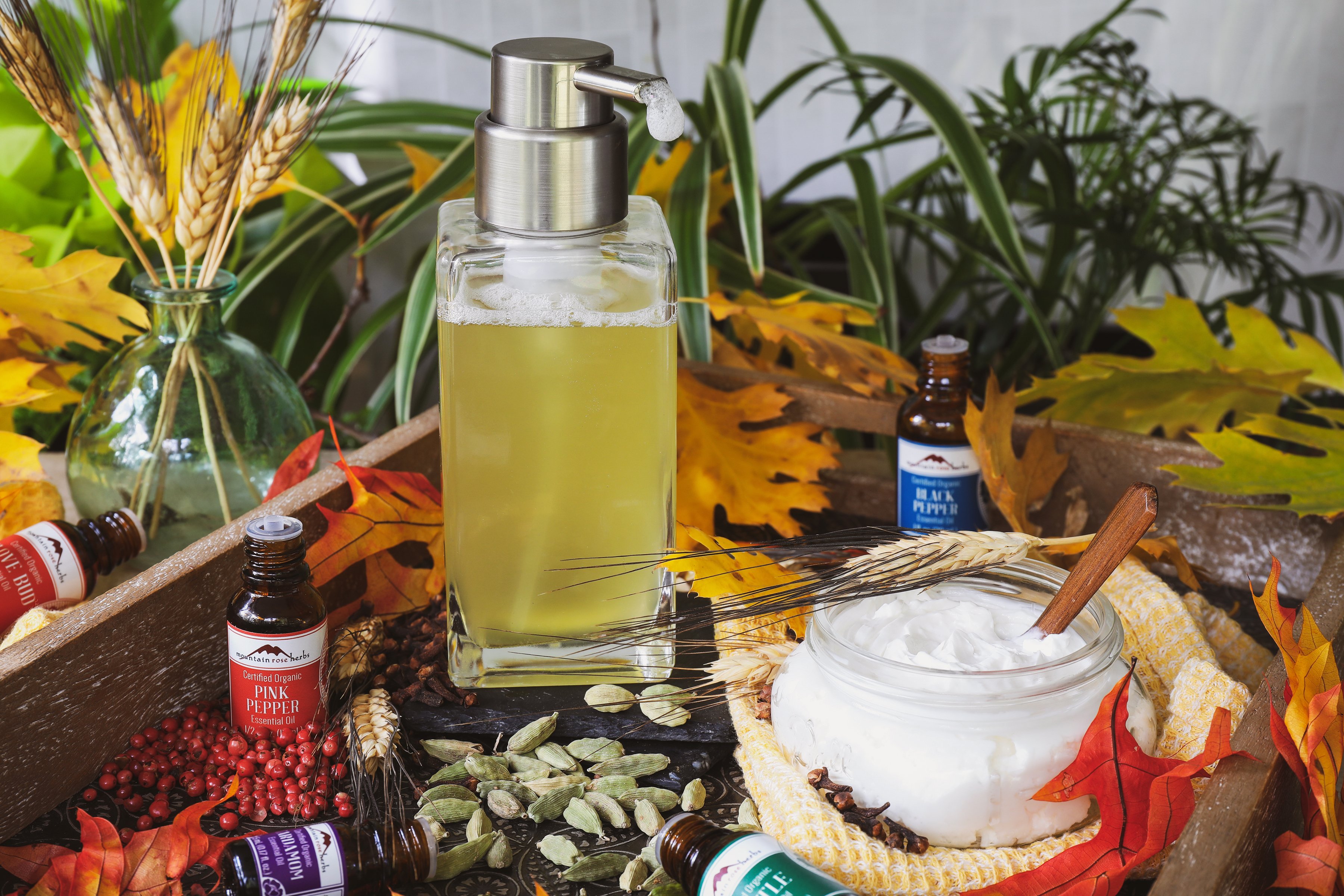

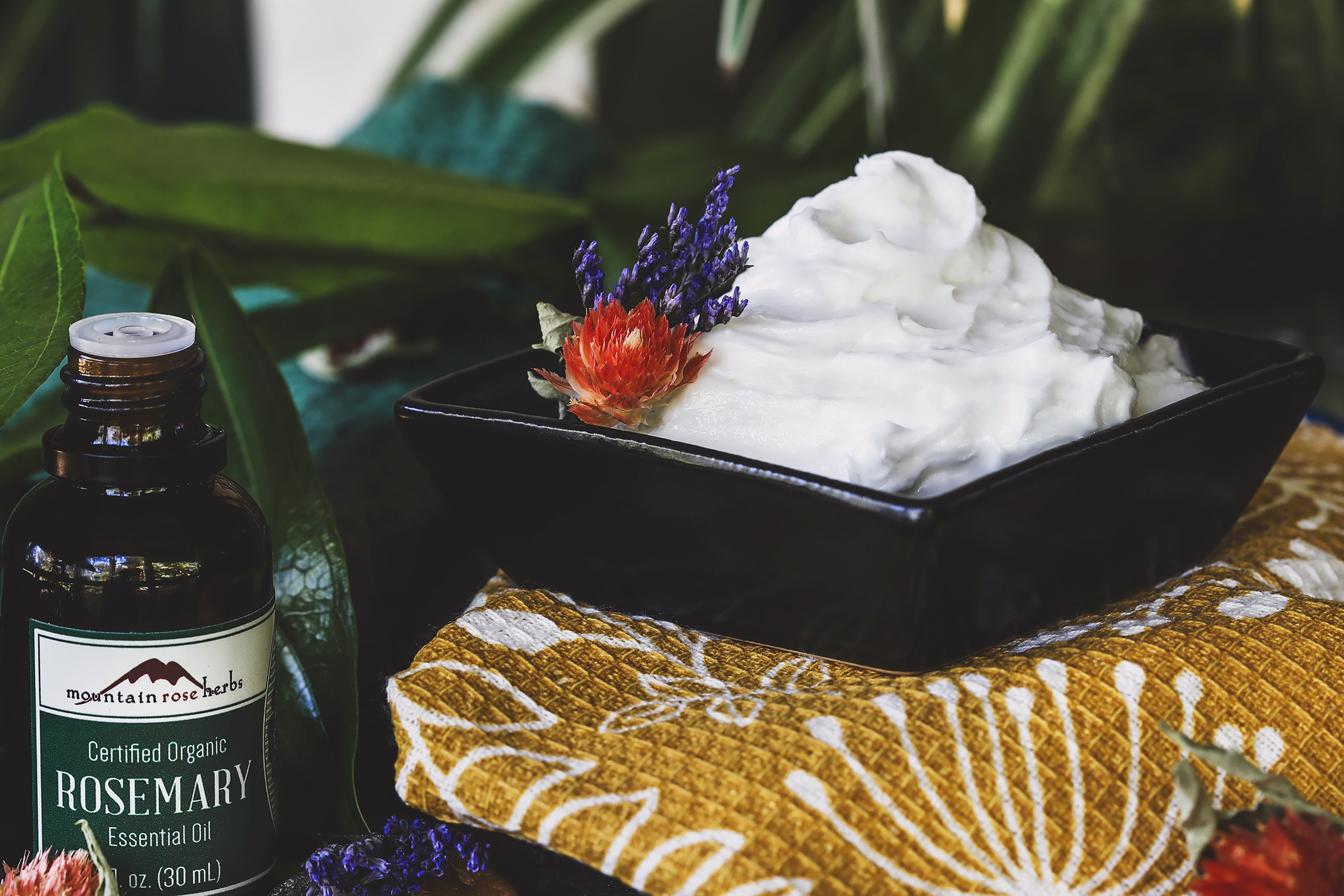
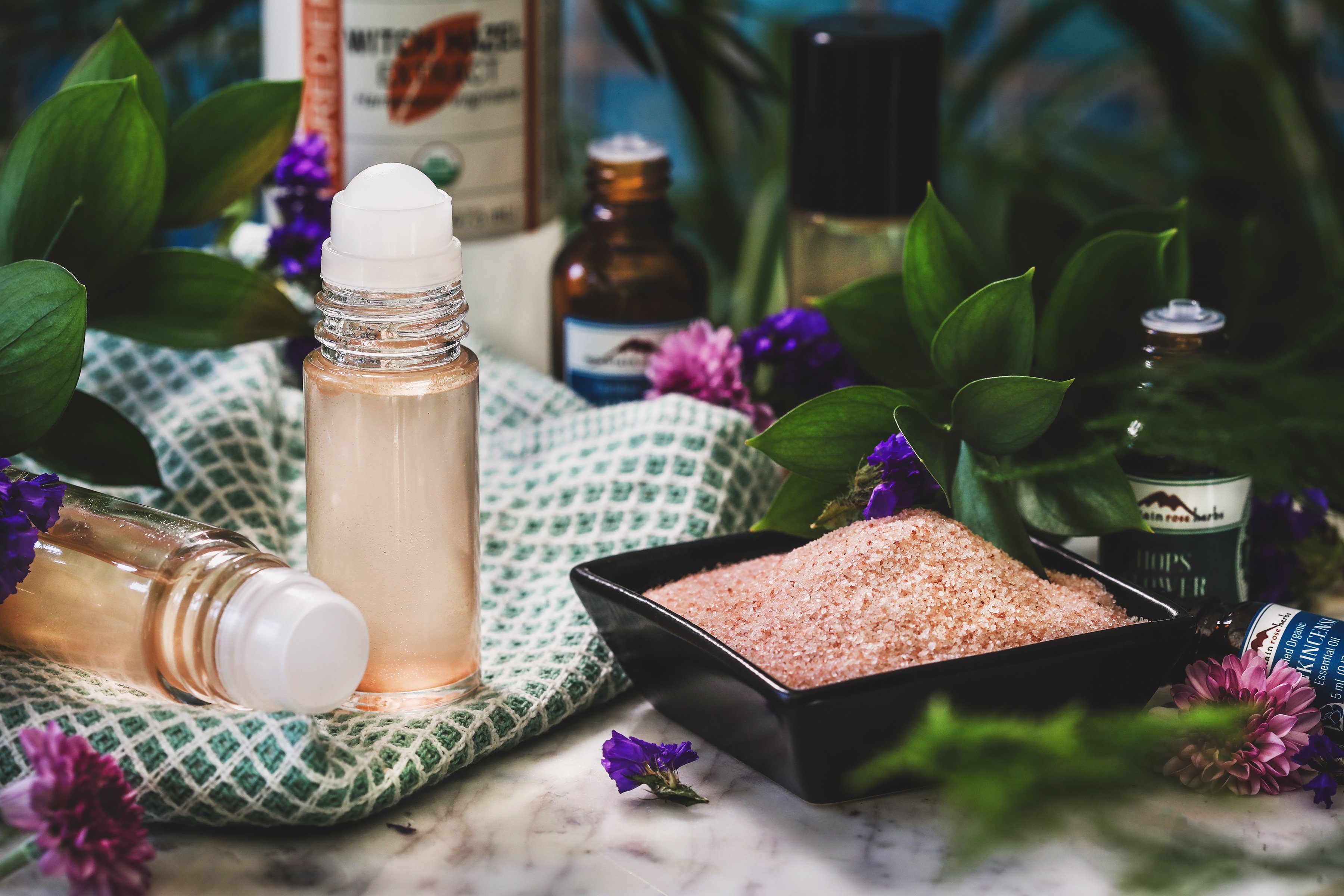
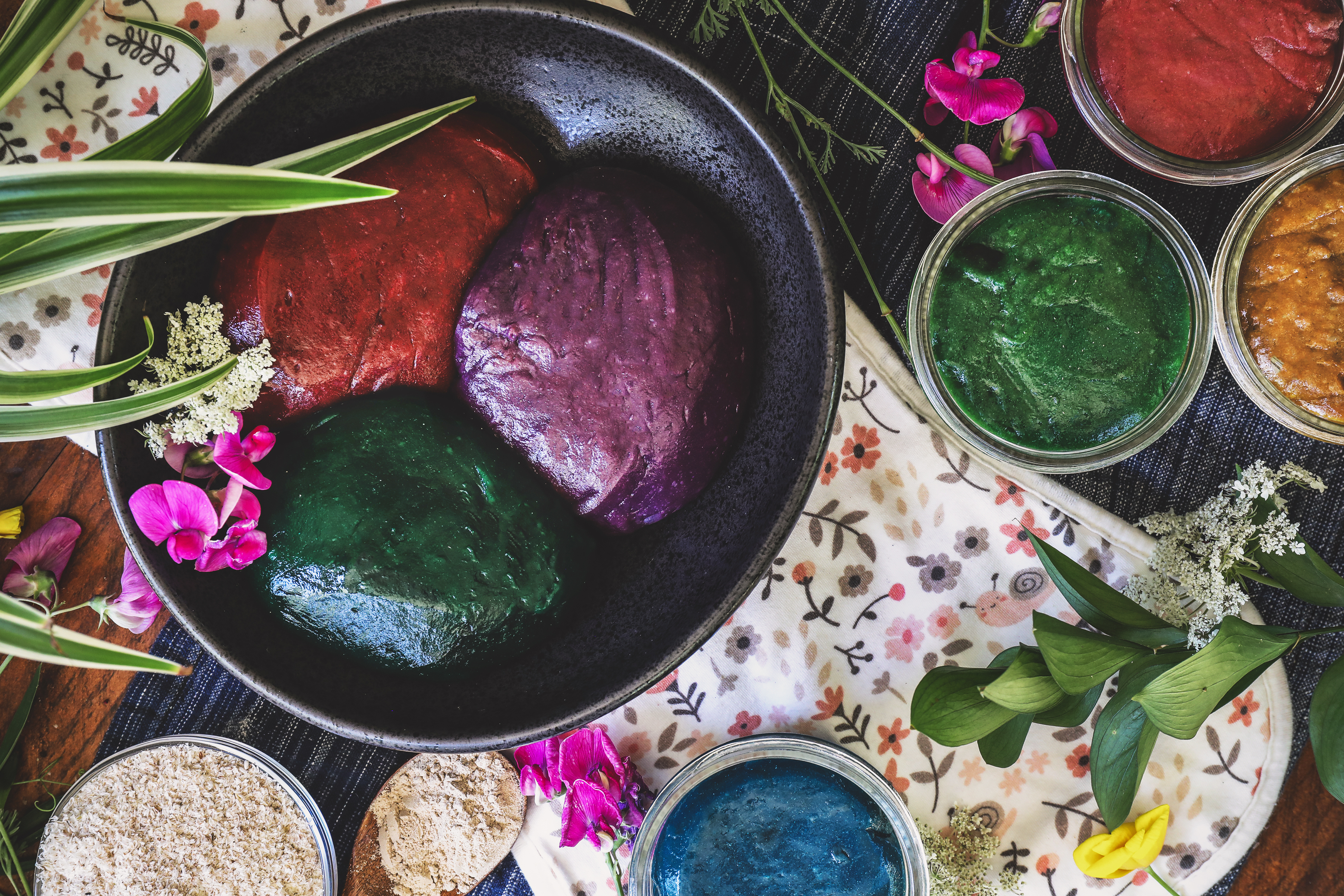
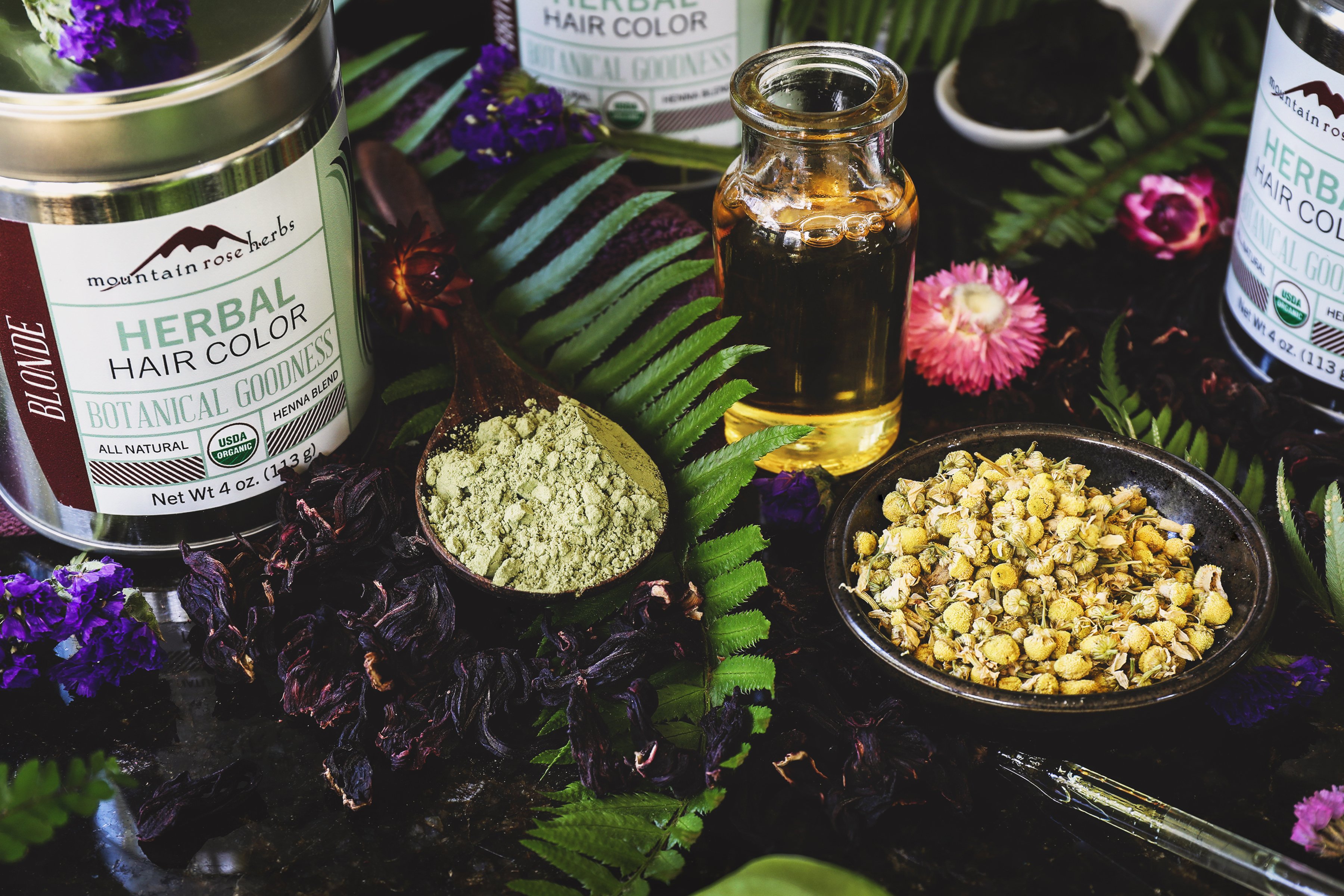
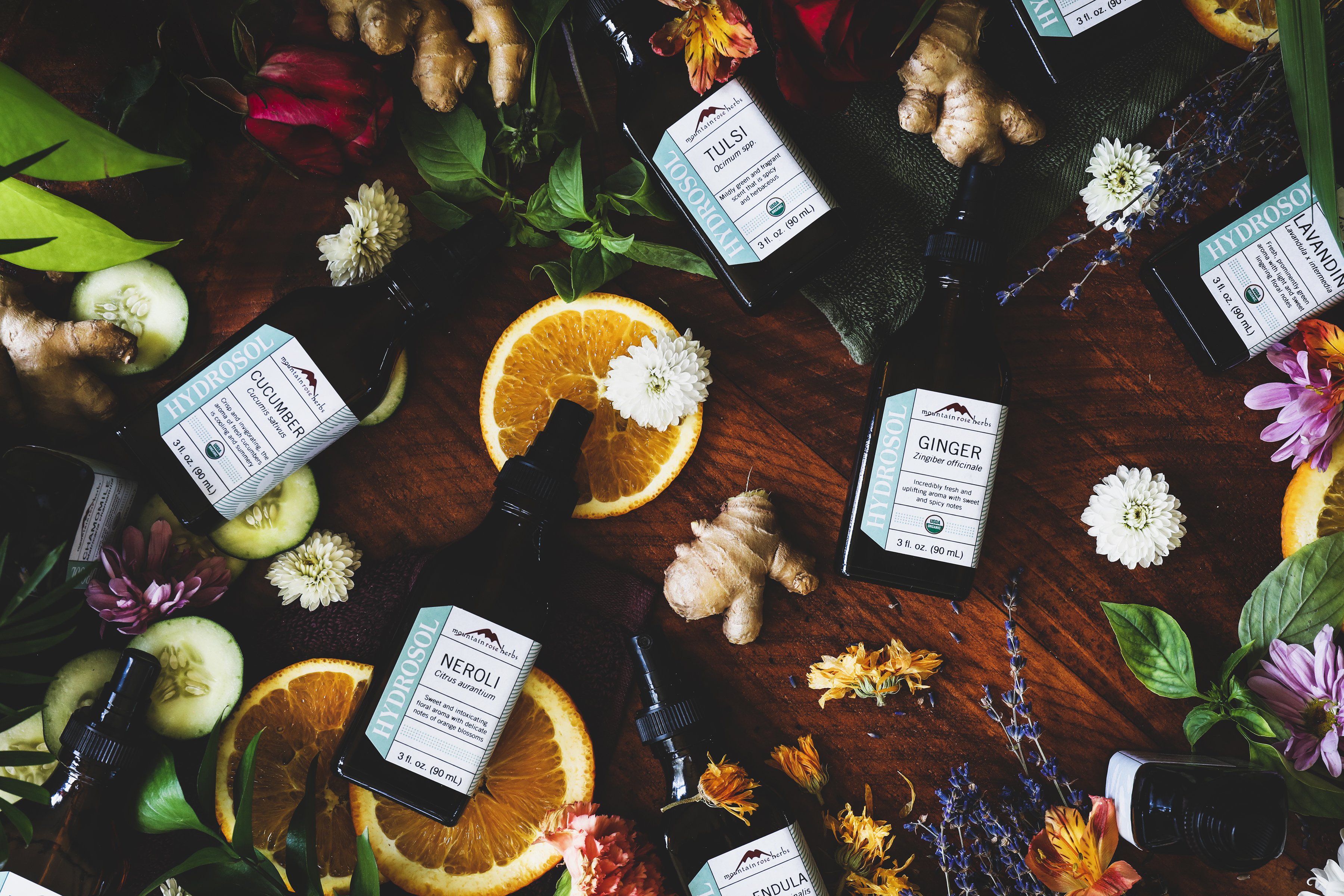
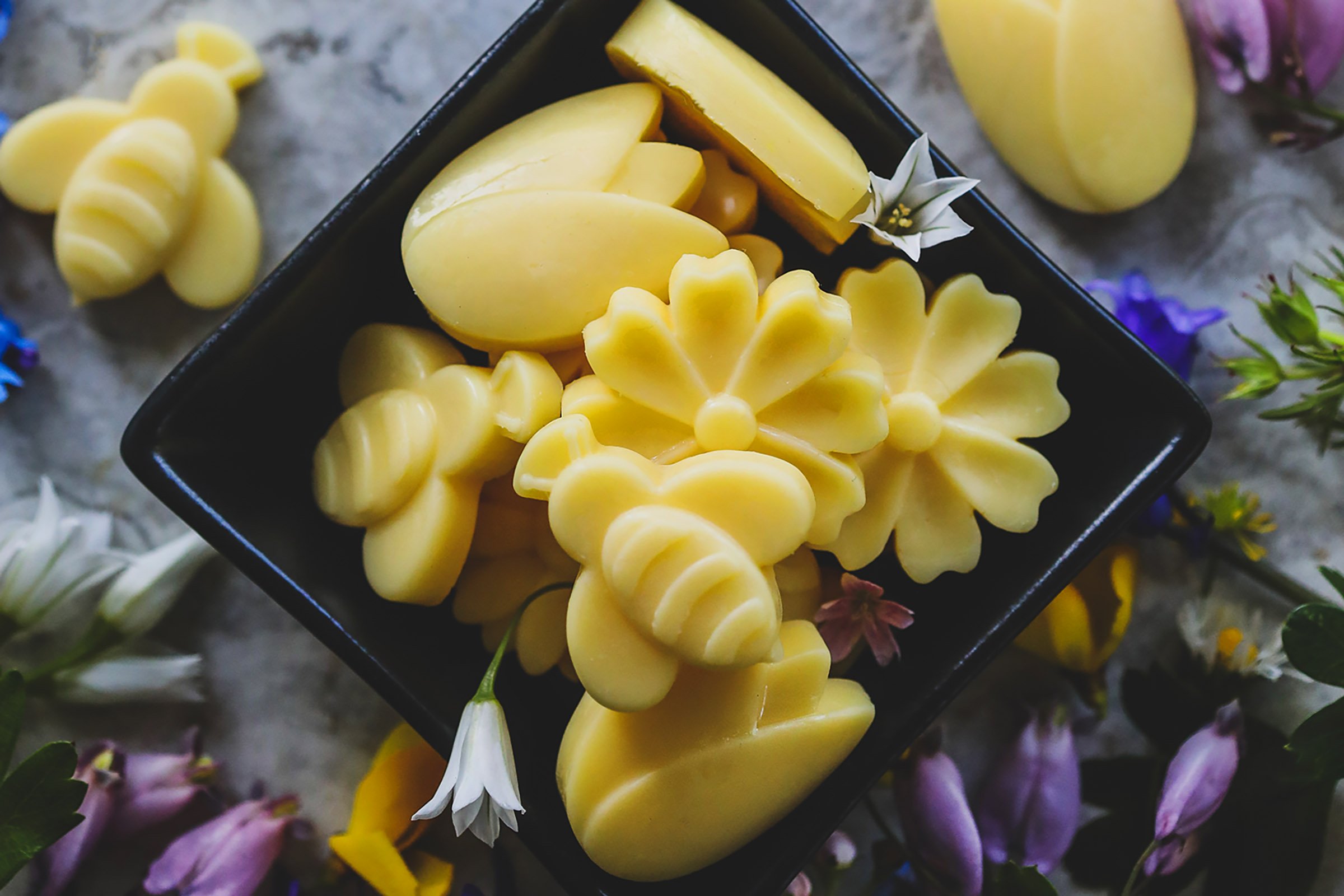
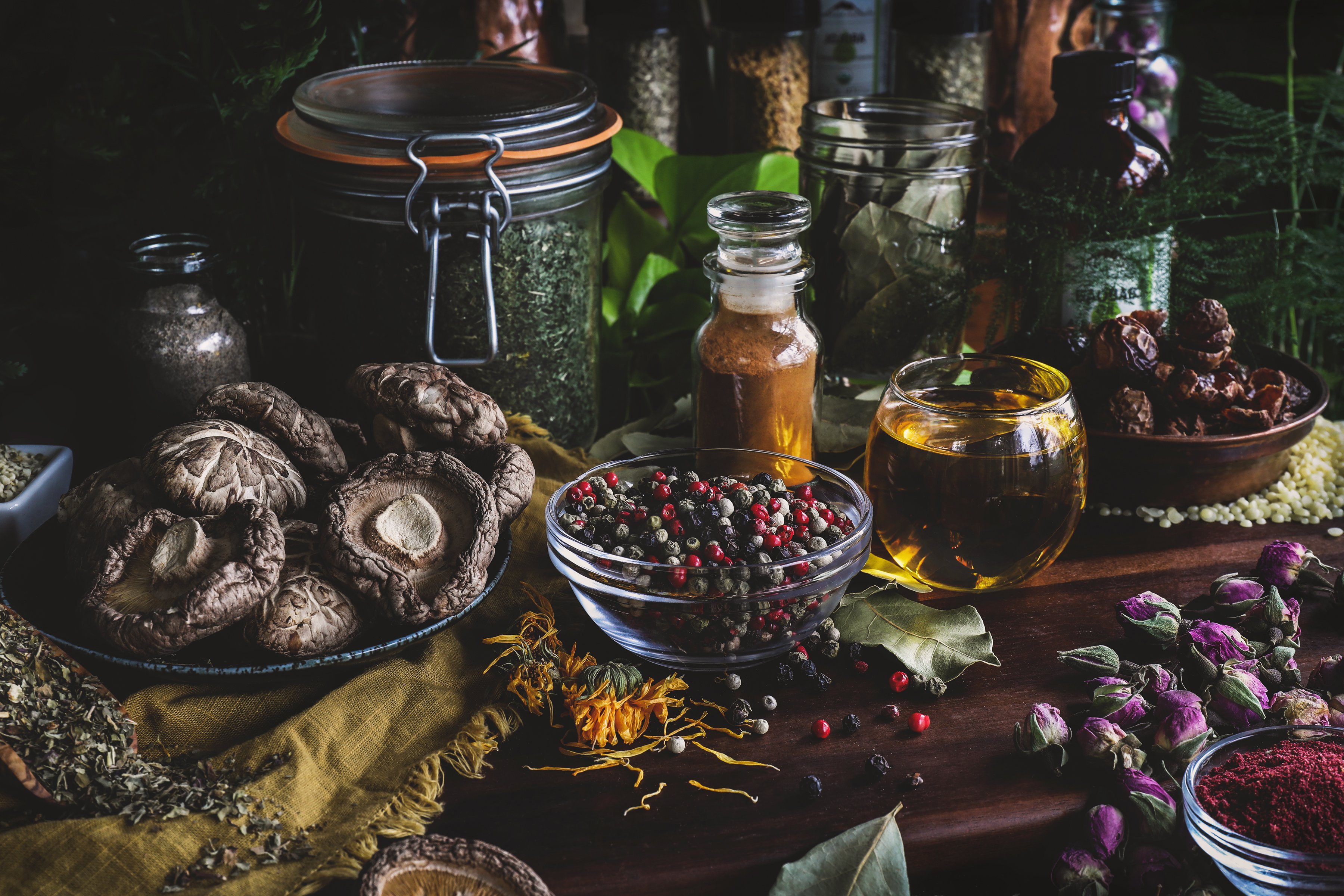
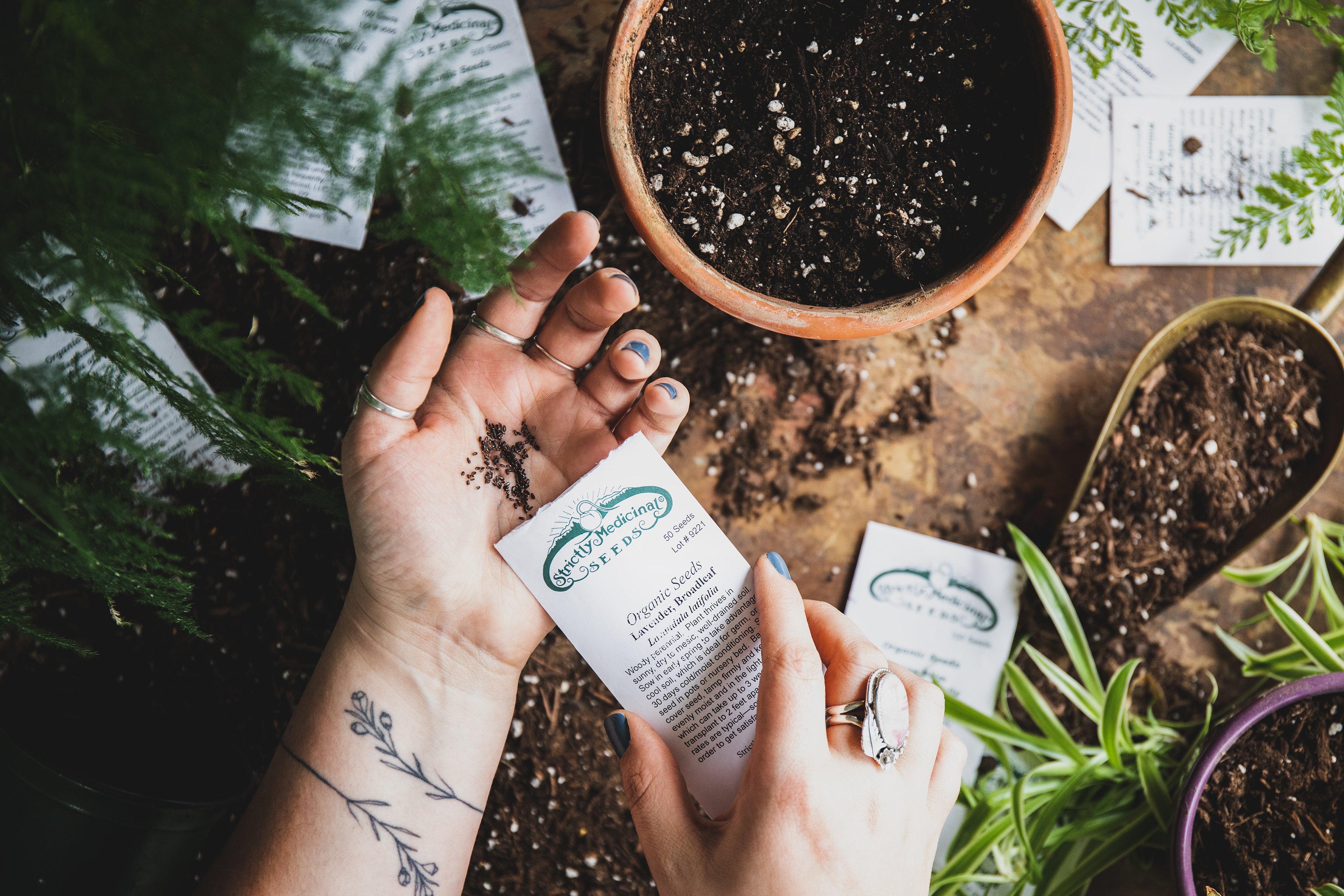






.jpg?width=1080&name=2023%20(1).jpg)

